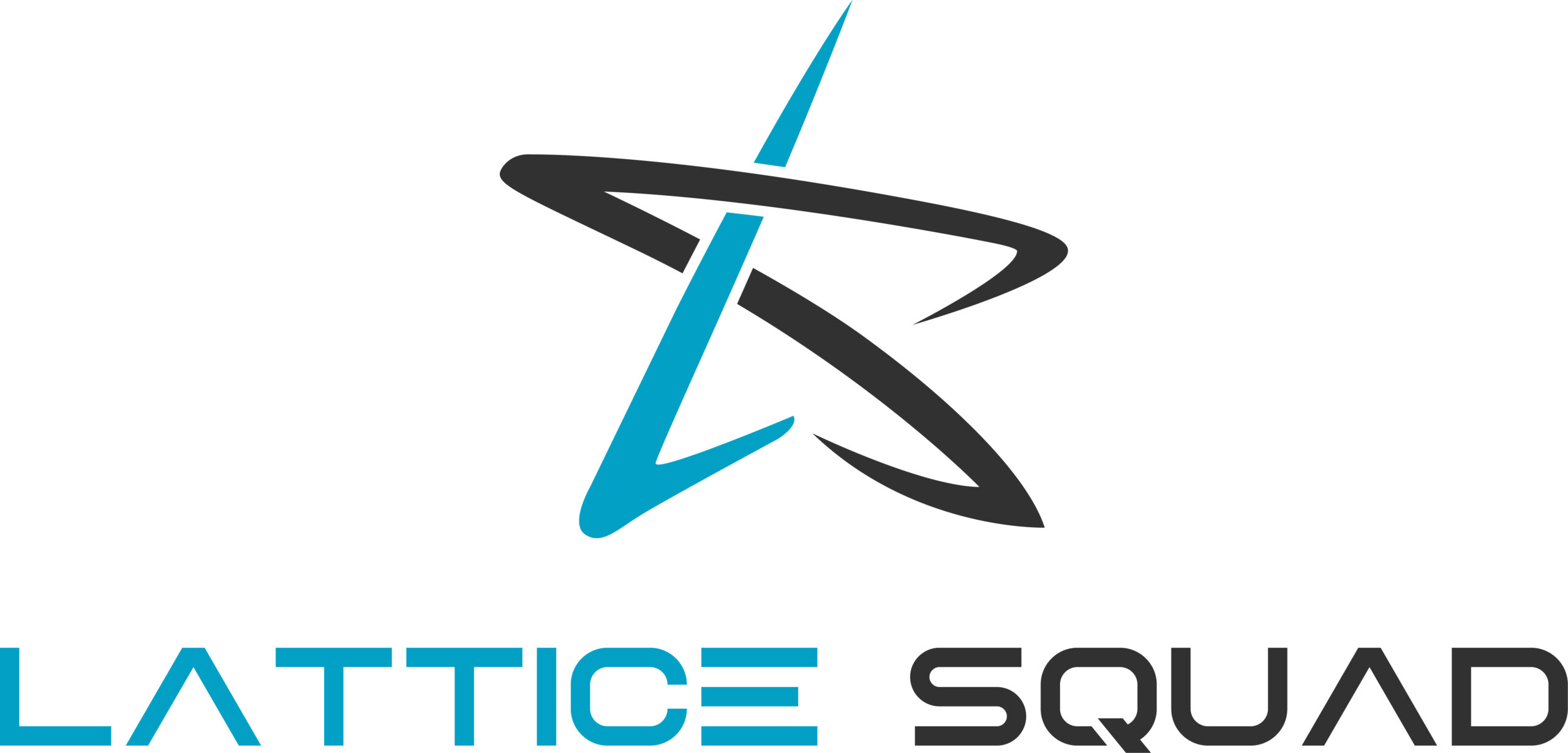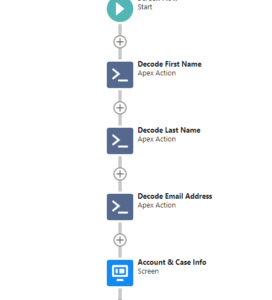What exactly is Salesforce Knowledge?
Leveraging Salesforce Knowledge empowers the creation of a robust repository within your Salesforce account platform. The Knowledge articles can be exposed on multiple channels, including external facing websites. The effectiveness of the Knowledge repository hinges on the foundational requirements that shape its construction.. It’s important to gain a comprehensive grasp on the features offered by Salesforce Knowledge in order to lead a meaningful discovery session.
Preparation
Whether you have completed previous knowledge implementations or are starting from scratch, the following trailhead modules and Knowledge documentation offer a solid foundation for leading a a meaningful discovery session.
Trailhead Module References
- Setup Salesforce Knowledge
- Lightning Knowledge Basics
- Knowledge Search Basics
- Lightning Knowledge Setup and Customization
Discovery
Why is the Knowledge Implementation Important?
During our recent discovery call with a client, we found out that there was dispersed knowledge across multiple areas of expertise that was being consolidated into a Knowledge repository app. The Knowledge repository will be used to accelerate the new hires’ onboarding so they can quickly handle partner inquiries.
What are the Persona and Licensing Requirements?
It’s important to identify both the consumers of the knowledge articles, as well as the creators. The creators of the knowledge articles may require knowledge licenses based on the Salesforce edition.
For more information on pricing, please contact your Salesforce Account ExecutiveContact your Salesforce Account Executive for more information on pricing.
What Type of Content Does the Knowledge Articles Contain?
Various content types such as FAQs, Troubleshooting Guides, How-Tos, Equipment Documentation, Best Practices, and more are available. Each content type will contain different types of data. For example, FAQs contain Questions and Answers, while Best Practices may contain Tip1, Tip2, and so on.. The different types of content will relate to the different record types. While users can read, create, edit, and delete articles based on their Knowledge object permissions, specific permissions are necessary for publishing, archiving, and translating knowledge articles, detailed in this help article.
Why is the Article Workflow Approval Process Important?
Creating processes for Knowledge experts to review, validate, and approve articles for publication is critical in creating a credible and reliable knowledge base.. Through the Salesforce approval process, you can ensure that the content is valid prior to publication, further encouraging the quality standards of your knowledge base.
What are the Data Categories?
With preset article data categories in your knowledge base, you can easily filter and categorize topics by their individual tags. Product-related articles can be labeled under the Product Data Category, while Sales-related articles can be categorized under the Sales Data Category. It’s important to note that a single article can be under multiple categories within the data category system.

Knowledge Data Categories
Are there Restrictions on Article Visibility?
Within the data category function, you also have access to limit and establish each article’s visibility.For example, to enable a marketing user to view sales articles under ‘Sales → General’ while still restricting access to ‘Sales → Upselling’, the Upselling category can be limited within the Marketing Profile through the Data Category Visibility Section. These permissions ensure that users are limited to content aligned with their roles, while granting access only to the categories and articles assigned to them.
How to Attach Suggested Articles to a Case
By matching Case details, Knowledge articles can be linked to a specific case.For instance, a Case labeled ‘Electrical Wiring’ will showcase relevant knowledge articles including ‘Electrical Wiring’ content directly in the ‘Suggested Articles’ section within the specific Case record.The most relevant article can then be attached to the Case for resolution,helping agents understand how similar Cases were resolved in the past.
Suggested Articles based on Case
How to Insert an Article into a Case Email
Through the Case Email Feed, you can share a recommended article directly with the customer. This feature ensures that customers are informed about the steps before the Case is closed, further providing customer clarity and satisfaction.
Insert the Suggested Article in Case Email Feed
Channels
Discover what channels the knowledge articles need to surface.
- Internal: The internal channel is for internal users only.
- Partner: Shares the content with partner community users.
- Customer: The customer channel shares content with users on a customer community.
- Public: The public channel shares knowledge content with public (guest) users.
How do you Know the Effectiveness of Articles?
Discover a need to report on knowledge articles, view count and thumbs up and thumbs down rating .To review the effectiveness of the Knowledge articles at a glance, start with a report for view counts, and the thumbs up or thumbs down rating system. Utilize the custom report types such as Knowledge Articles, Article View Statistics and Article Vote Statistics to generate these reports. Additionally, consider using Lightning Knowledge Feedback from Salesforce Labs to capture text feedback on an article.
Conclusion
Conducting thorough Knowledge Discovery sessions is important in unlocking the full potential of your Salesforce Knowledge articles. It’s crucial to understand the knowledge implementation’s purpose, identifying personas and licensing requirements, oversee content types and access permissions, establishing workflow processes, utilizing the data categories, and selecting the most suitable channels for Knowledge articles. . Finally, monitoring article effectiveness through custom reports and feedback mechanisms will ultimately provide the feedback needed to best optimize your articles.
For more information on best practices for Salesforce Knowledge, please contact us at info@latticesquad.com



